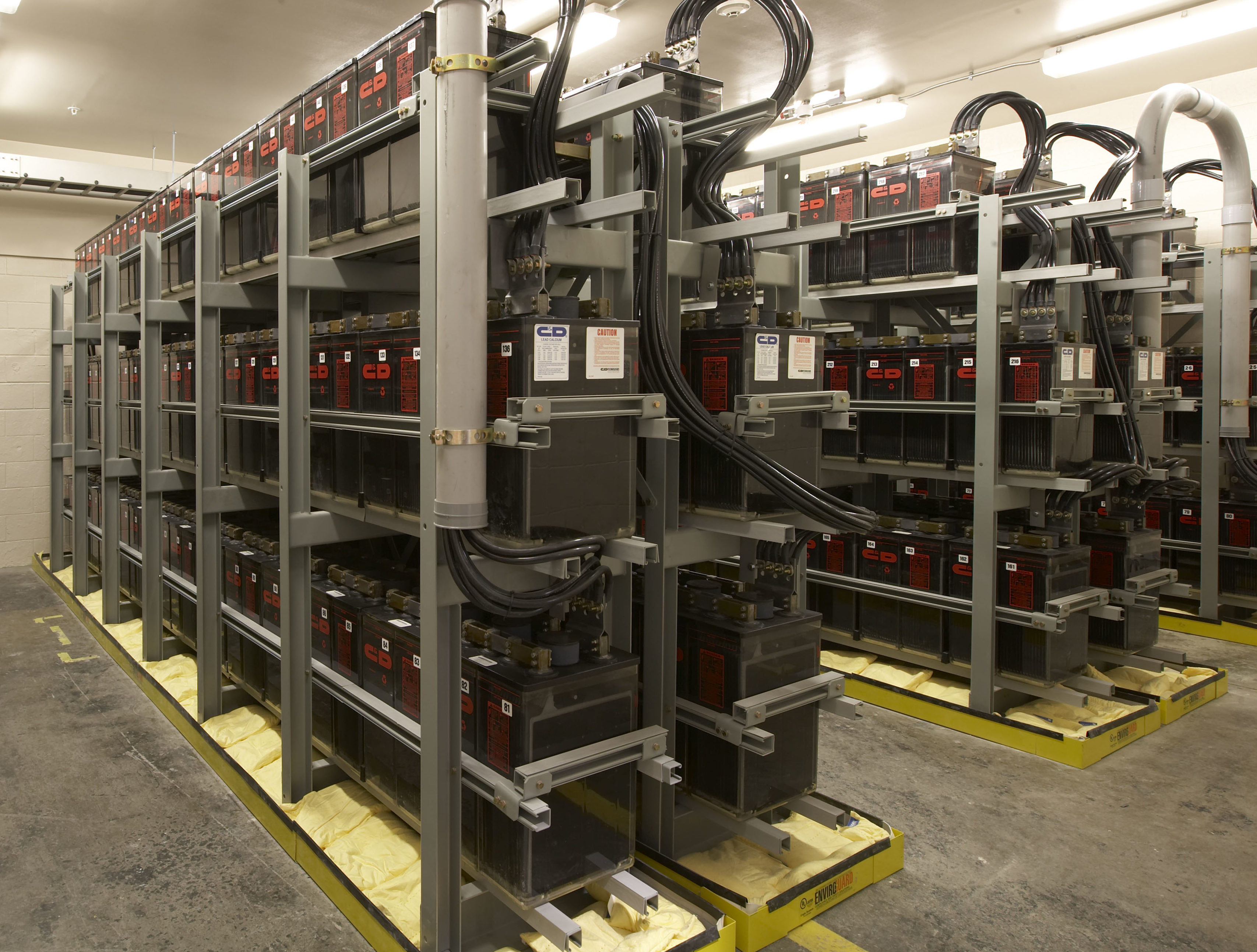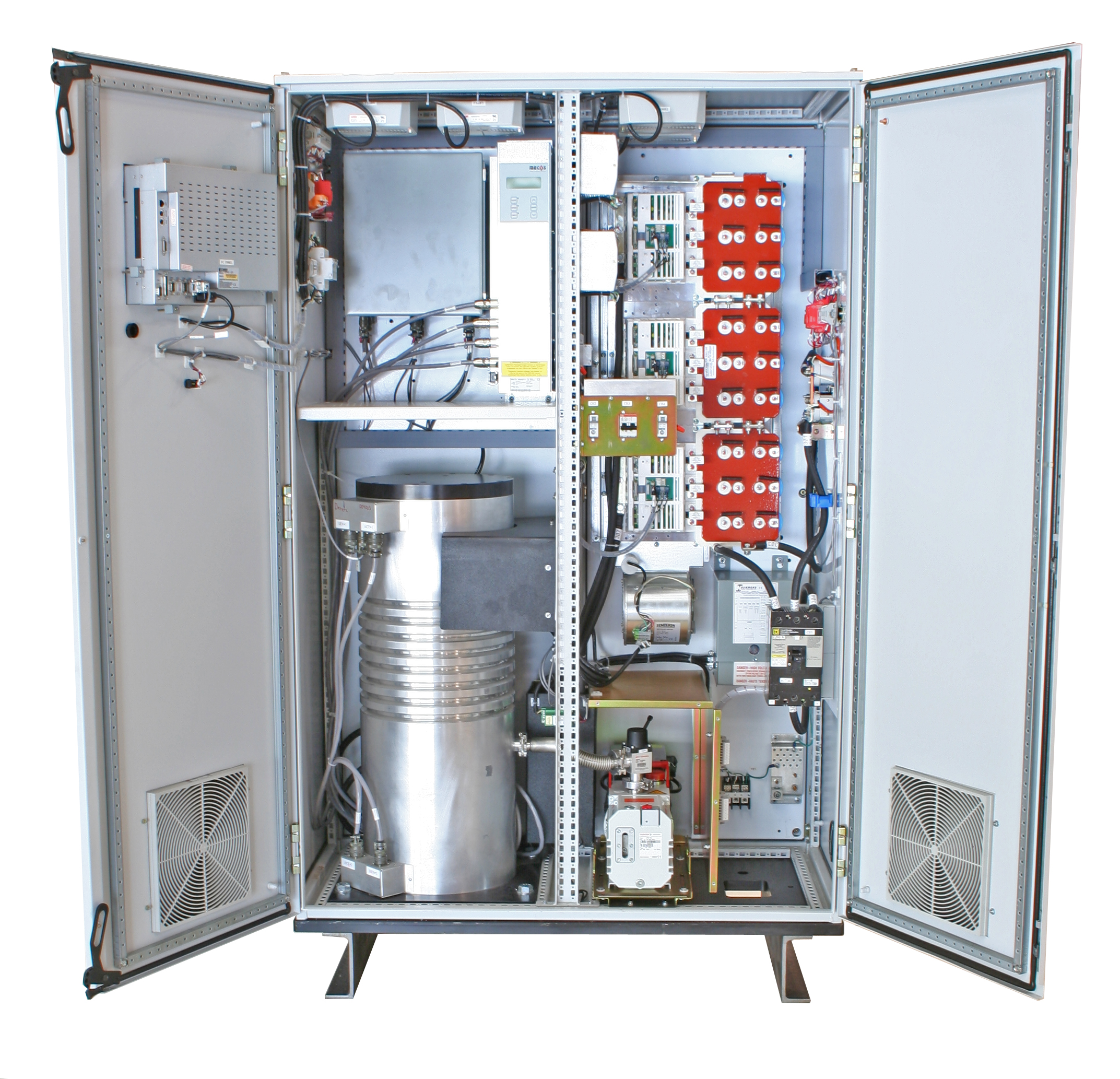Overview
Though an uninterruptible power supply (UPS) performs many important functions, most users value them chiefly for the emergency energy they provide during a power outage. UPSs give IT personnel the time they need to protect sensitive equipment and data from the effects of an electrical service interruption by starting a backup generator, shutting down systems in an orderly fashion, or moving data and processing to a disaster recovery site.
Today, most UPS products use lead acid batteries to store emergency standby power. A proven technology with many decades of successful service in a variety of industrial settings, the lead acid battery is usually the most cost-effective energy storage solution as measured by dollars per minute of backup time.


